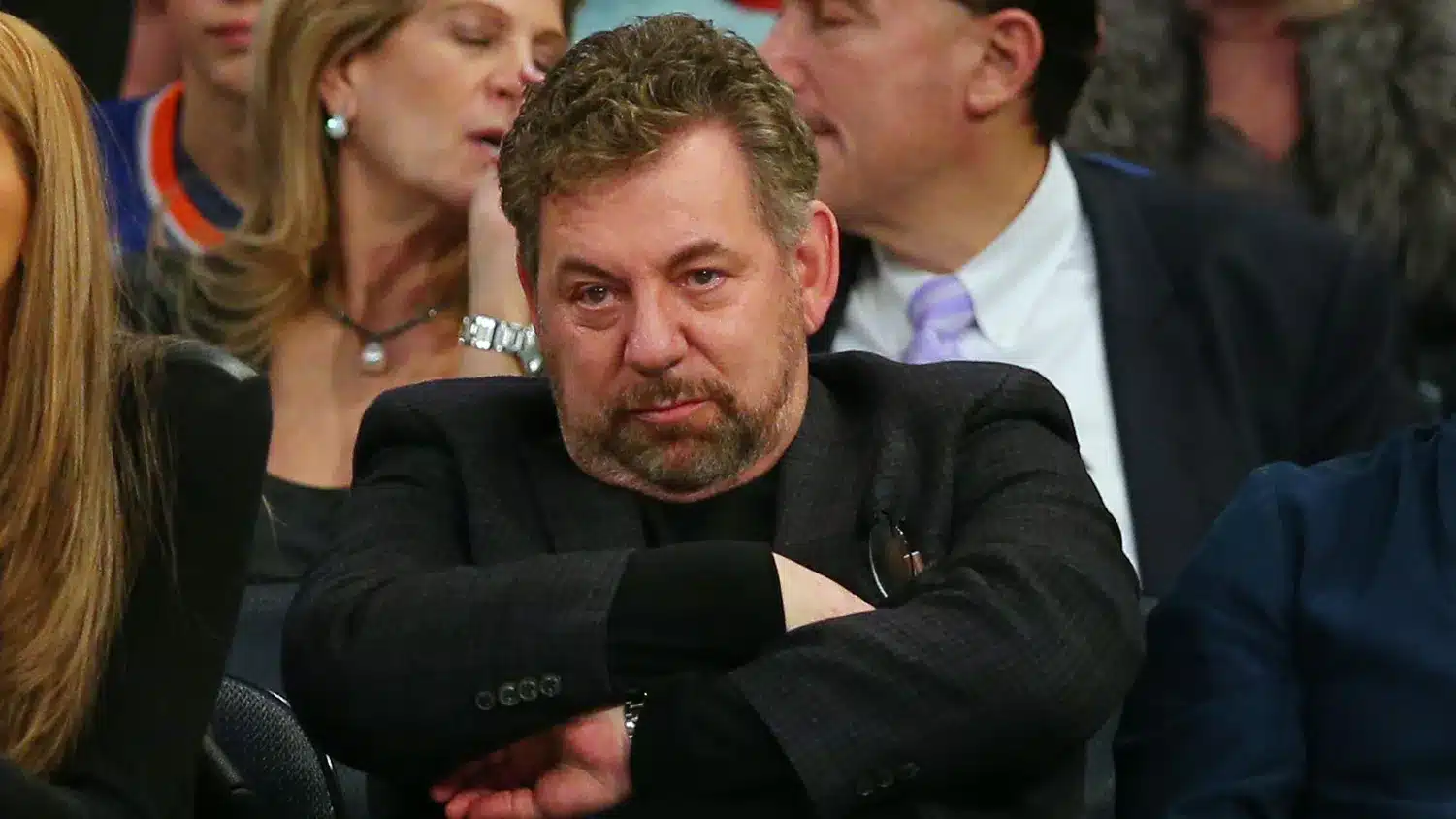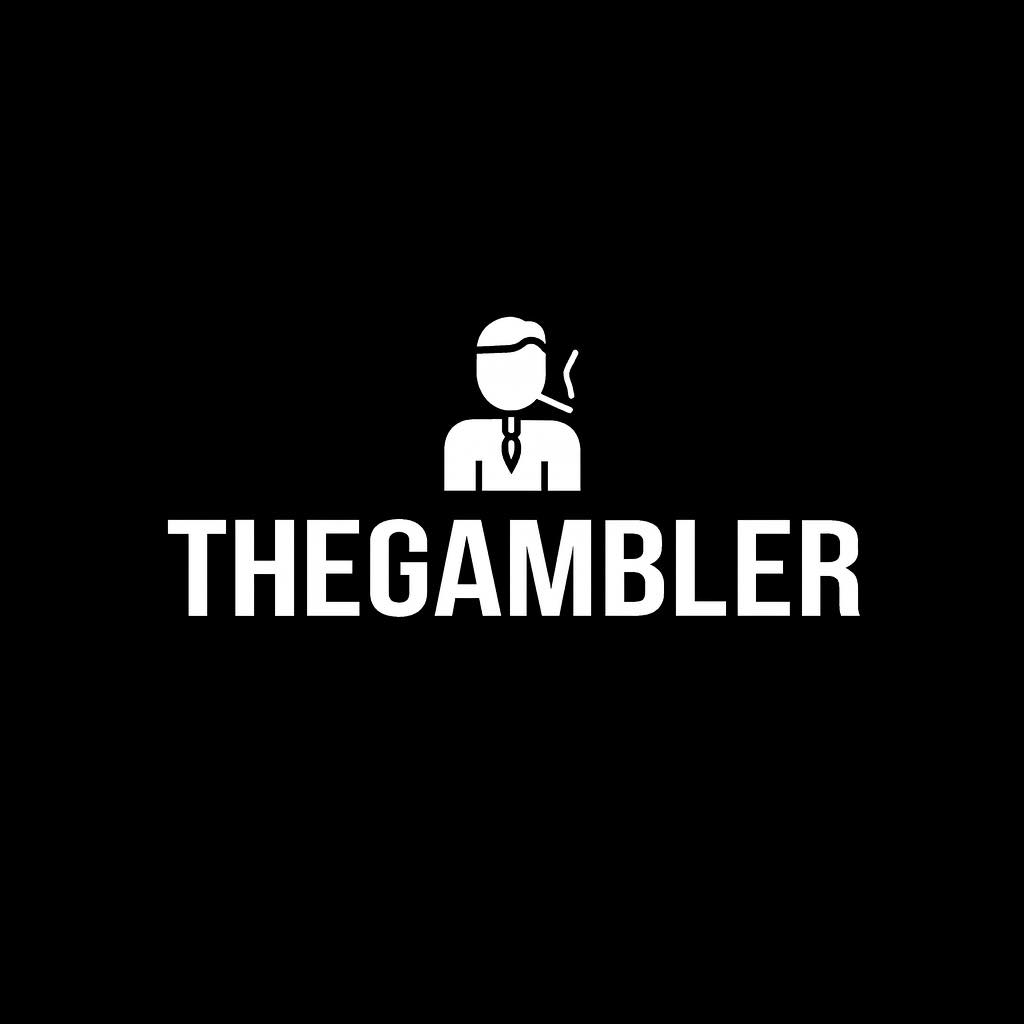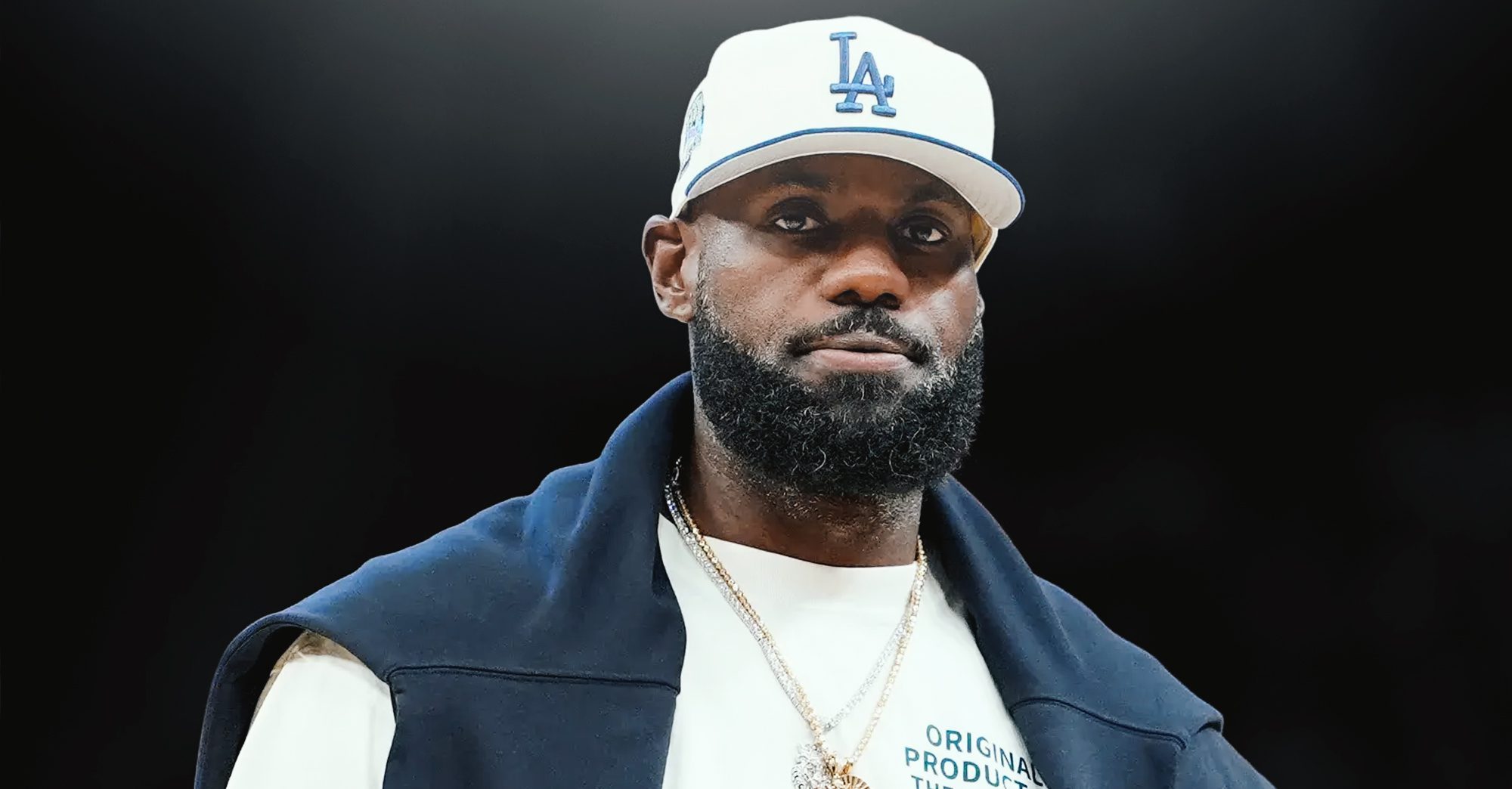[ad_1]
The NBA is finally agreeing to a media rights deal after several months of negotiations, but as more details emerge of the compromises, it hasn’t come without criticism. One of their most outspoken detractors has been Knicks owner James Dolan, who especially attacked the league’s revenue sharing policies.
The New York executive denounced a possible 8% league office cut of the new $74.6 billion media contract with a national transmission and streaming package that he considers “unviable.” His comments were made public through a letter he sent to the NBA’s board of governors on Monday.
Dolan is no stranger to making his voice heard, as he had already sent a letter back in November in which he resigned his positions on the NBA’s finance and media committees. Before this, he even questioned the objectivity of commissioner Adam Silver through a lawsuit involving the Toronto Raptors.
James Dolan writes critical letter on NBA’s media rights deal https://t.co/MpulJkKJHE
— Awful Announcing (@awfulannouncing) July 16, 2024
“The NBA has made the move to an NFL model — deemphasizing and depowering the local market,” James wrote in this week’s letter. “Soon, your only revenue concern will be the sale of tickets and what color next year’s jersey will be. Don’t worry, because due to revenue pooling, you are guaranteed to be neither a success nor a failure.”
The Knicks owner outlined how the league should proceed in order to rescue the negotiation. “Of course, to get there, the league must take down the successful franchises and redistribute to the less successful. This new media deal goes a long way to accomplishing that goal,” he explained.
According to the executive, the NBA’s “proposal would also have a negative impact on the value of each member team’s local sponsorships,” including “the delivery of camera-visible benefits at as few as 23 home games — roughly 20 percent reduction to what was historically provided.”
Dolan assures that the “team sponsors/partners would no longer be protected” during national broadcasts. “These changes drastically increase the challenges associated with attracting and renewing vital sponsorship revenue by creating a particularly unfriendly environment for member team sponsors,” it reads.
Dolan is convinced that the new media rights deal isn’t designed to protect the team’s revenue and isn’t a true reflection of the modern world
The New York owner gave the example of the already 42 million homes that have decided to leave traditional paid television in 8 years as an explanation as to how the streaming world has changed in the past decade. According to Dolan, this includes a 45% decline for his franchise’s MSG Network.
James is convinced that the NBA’s new media rights deal isn’t designed to protect the teams’ traditional revenues, and renders the regional sports networks. “Member teams depend on revenue received from local rights fees and on increased fan engagement through high quality broadcasts that provide dedicated and tailored coverage for local audiences,” he wrote.
Dolan did understand how including the survival of Regional Sports Networks in the contracts isn’t a priority for the league, but insisted in how they are a priority for NBA teams. He believes there must be a way to incorporate them into new streaming scenarios.
“Yet the proposal threatens to completely eliminate RSNs without a comparable replacement offered by the league and no articulated plans to address the production and distribution vacuum that the league will inevitably create in its quest to further disrupt the RSN industry,” he explained.
[ad_2]



